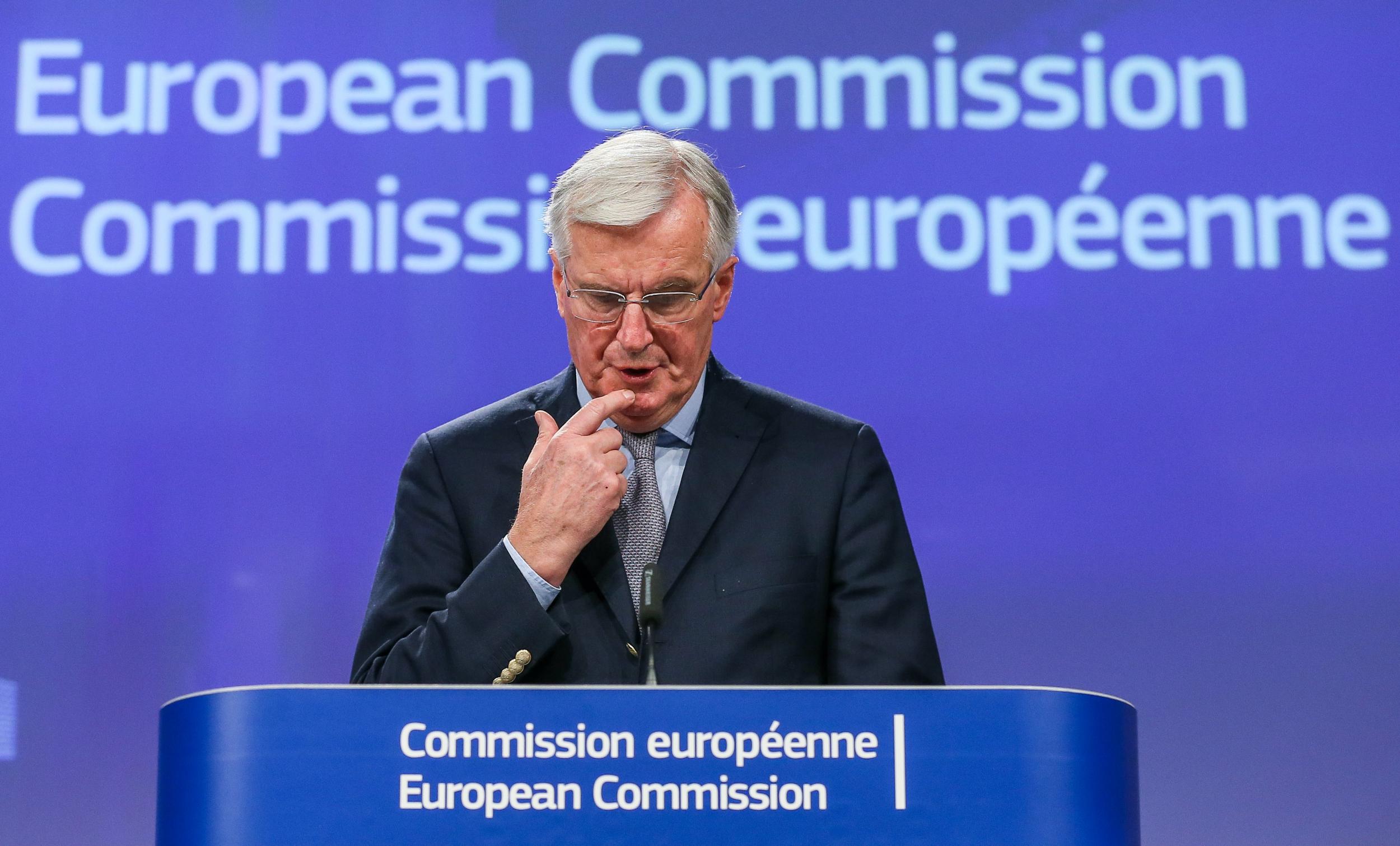The longer it takes, the softer Brexit will be
A long, and extendable, transition period could be a way of Britain staying in the single market ‘temporarily’ but for the foreseeable future

The next crunch point in the Brexit talks looks as if it will be the length of the transition period after the United Kingdom leaves the European Union in March next year. The European Council’s instructions to Michel Barnier, the EU negotiator, are that the transition period “should not last beyond 31 December 2020”.
That would be a transition period of 21 months, and it appeals to the tidy Eurocrat’s mind because it coincides with the end of the EU’s seven-year budget cycle. But, as The Independent reports this weekend, British officials have asked about the possibility of extending the transition.
This is an important question because it has been clear for some time that a transition period of less than two years is not long enough. The complexity of the trade negotiations and the logistical requirements of new customs controls are such that three or even five years would be a more realistic timetable.
There are, of course, two points to be made before we get to this stage. One is that the ideal outcome of the Brexit talks would be for the British people to decide not to leave the EU after all. It must be said that such a reversal now looks unlikely.
The second best outcome, in The Independent’s view, however, is still a live possibility. It is that Britain should stay in the EU single market, with all that that entails, including the free movement of people. One way to achieve that would be for the transition period to be extendable permanently, because Britain will continue to be in the single market for as long as the transition lasts, which is why it is not just the duration of the period that matters but the flexibility of its end date.
Theresa May has set government policy firmly against staying in the single market as the destination of the Brexit process. As we report today, Jacob Rees-Mogg, now the backbench leader of the hard Brexit faction, has warned her that she will lose the next election if she has delivered “Brexit In name only” by then (he calls it “Brino”, but we think it should be “Brexino”).
However, this argument is not yet over. Ms May appears to accept that the EU’s proposed transition period is too short, and there may be a majority in Parliament for extending it. Obviously, if we are going for a medium-hard Brexit, with a Canada-style free trade agreement, the longer the transition phase the better. But a long, and extendable, transition period could also be the route to a softer Brexit, staying in the single market “temporarily” but for the foreseeable future.
The important objective for opponents of a hard Brexit, therefore, must be to persuade the leaders of the EU27 that it is in their interest to show some flexibility over the length of the transition period.
The longer it takes, the easier Brexit will be, for both sides.

Join our commenting forum
Join thought-provoking conversations, follow other Independent readers and see their replies